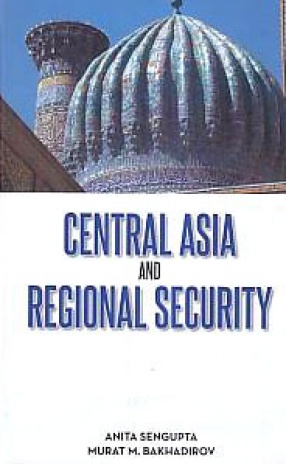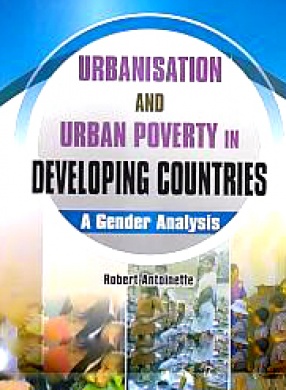The Caspian region is endowed with enormous offshore and onshore hydro-carbon resources, but their access to world markets is limited. Following the disintegration of the Soviet Union, the number of claimants to the Caspian Sea has increased from two to five States. Besides Iran and Russia, who shared the Sea through the erstwhile Soviet Union, Kazakhstan, Turkmenistan and Azerbaijan are the three new actors. All transportation routes and energy supply pipelines from this region to outside energy markets are mostly via Russia. Hence the region, in a way, is fettered to Russia. Countries of the region, therefore, have welcomed new, alternative pipeline initiatives bypassing Russia and Iran. The desire of extraneous powers to gain a foothold in its region has accentuated energy geo-politics in this heartland of Eurasia in recent years. The undefined legal status of the Caspian has intensified politics of dividing the seabed and its hydrocarbons resources. This monograph analyses the extant Caspian realities from a varied perspective, including pipeline options, demand-supply asymmetry and the emerging contours of conflicts and their possible resolution in order to ensure regional synergy.
Uzbekistan: Threshold of An Era
$19.80
$22.00








There are no reviews yet.